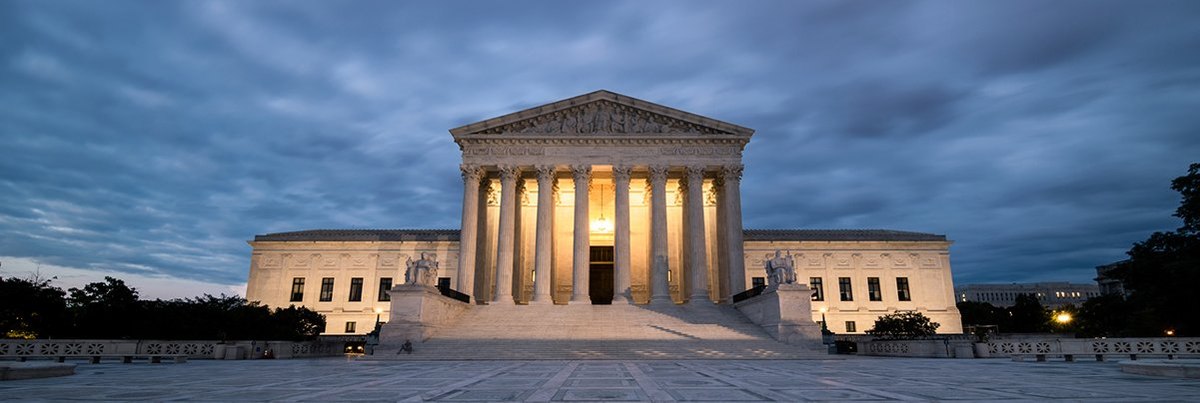Americans are torn about the new Mississippi law outlawing abortions after 15 weeks of pregnancy that the Supreme Court is deciding whether to uphold. But by two to one, Americans don’t want the Supreme Court to overturn Roe v. Wade, the 1973 decision that limits states from regulating abortions. The Court’s decision on Mississippi’s law could overturn Roe.
The Mississippi law ends a woman’s ability to have an abortion a few weeks into the second trimester of pregnancy, a period in which the Court ruled in Roe that the decision to terminate a pregnancy was solely up to the woman. In the second trimester, states may “regulate procedures” but not outlaw abortions. Only in the third trimester, which begins about two and a half months after Mississippi’s 15-week limit, did the Court rule in Roe that abortions could be outlawed – except to save the woman’s life.
While the Court decides whether to overturn Roe, Americans in the latest Economist/YouGov Poll continue to say they would like it to remain in place, and by a two-to-one margin (54% to 27%). There is a wide party divide on this: The vast majority of Democrats don’t want the ruling overturned (80% to 10%) while more than twice as many Republicans want Roe overturned as don’t (57% to 25%). There is also a far smaller gender gap: Women are nine points more likely than men to oppose the Supreme Court overturning Roe v Wade.
The overall two-to-one support for keeping Roe rises to nearly three-to-one among the roughly half of Americans who say they know someone who has had an abortion, or have had one themselves. Among the more than one-third of Americans who describe themselves as “very religious,” however, nearly half want Roe overturned.
While most Americans don’t want the Supreme Court to overturn Roe, nearly two-thirds believe there is at least a 50% chance that it will happen. Among both Americans who want Roe overturned and those who don’t, majorities see it as having at least a 50% chance.
In a Supreme Court case last year four justices, including two appointees of former President Donald Trump, voted to affirm a Louisiana law which imposed additional abortion restrictions. One justice, Clarence Thomas, has written that Roe is wrong. Another, Samuel Alito, has written and voted in support of restrictions on abortions.
The Court may avoid a complete overturning of Roe while upholding the Mississippi law. That still would be contentious, as Americans are almost evenly divided on how they feel the law. More than half have heard nothing about the law, but to many it seems acceptable on the surface.
Most Democrats disapprove of the Mississippi law while most Republicans approve of it by a similar margin. Independents are evenly divided. Men are almost evenly divided, too, while more women disapprove of the law than approve of it (47% to 39%). There is greater than two-to-one approval of the law among Americans who say religion is very important in their lives. Americans who have been paying a lot of attention to the law are mostly supporters of Roe v. Wade — and disapprove of the Mississippi law by 69% to 27%. Americans who say they know someone who has had an abortion, or have had one themselves, also disapprove of the law, by 54% to 39%.
See the toplines and crosstabs from this Economist/YouGov Poll
Methodology: The Economist survey was conducted by YouGov using a nationally representative sample of 1,500 U.S. adult citizens interviewed online between November 27 and November 30, 2021. This sample was weighted according to gender, age, race, and education based on the 2018 American Community Survey, conducted by the U.S. Census Bureau, as well as 2016 and 2020 Presidential votes (or non-votes). Respondents were selected from YouGov’s opt-in panel to be representative of all U.S. citizens. The margin of error is approximately 3% for the overall sample.
Image: Getty









